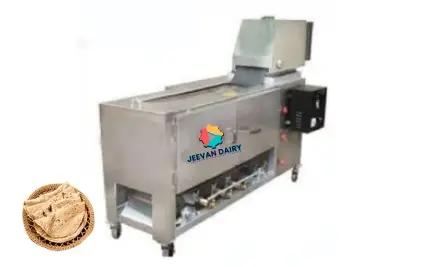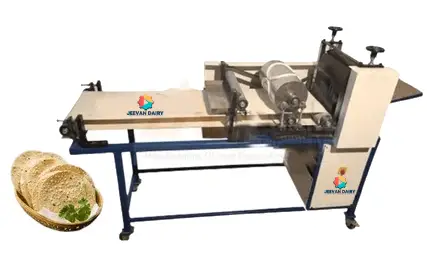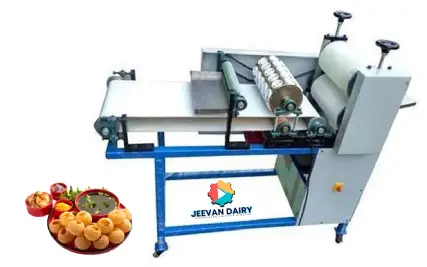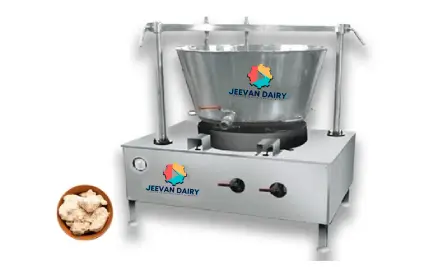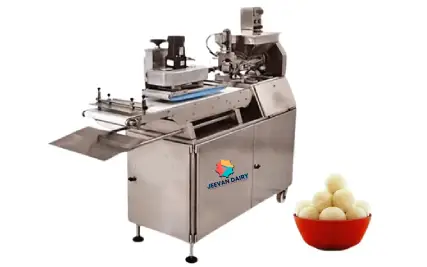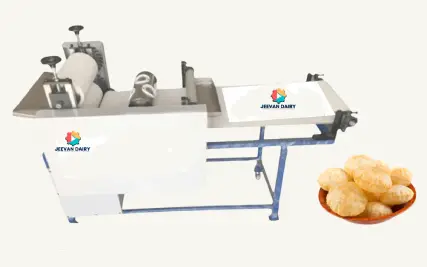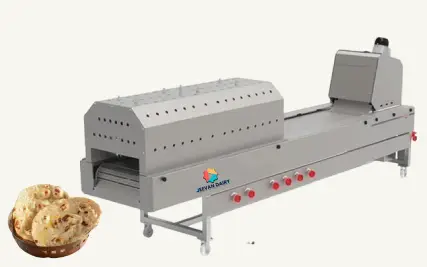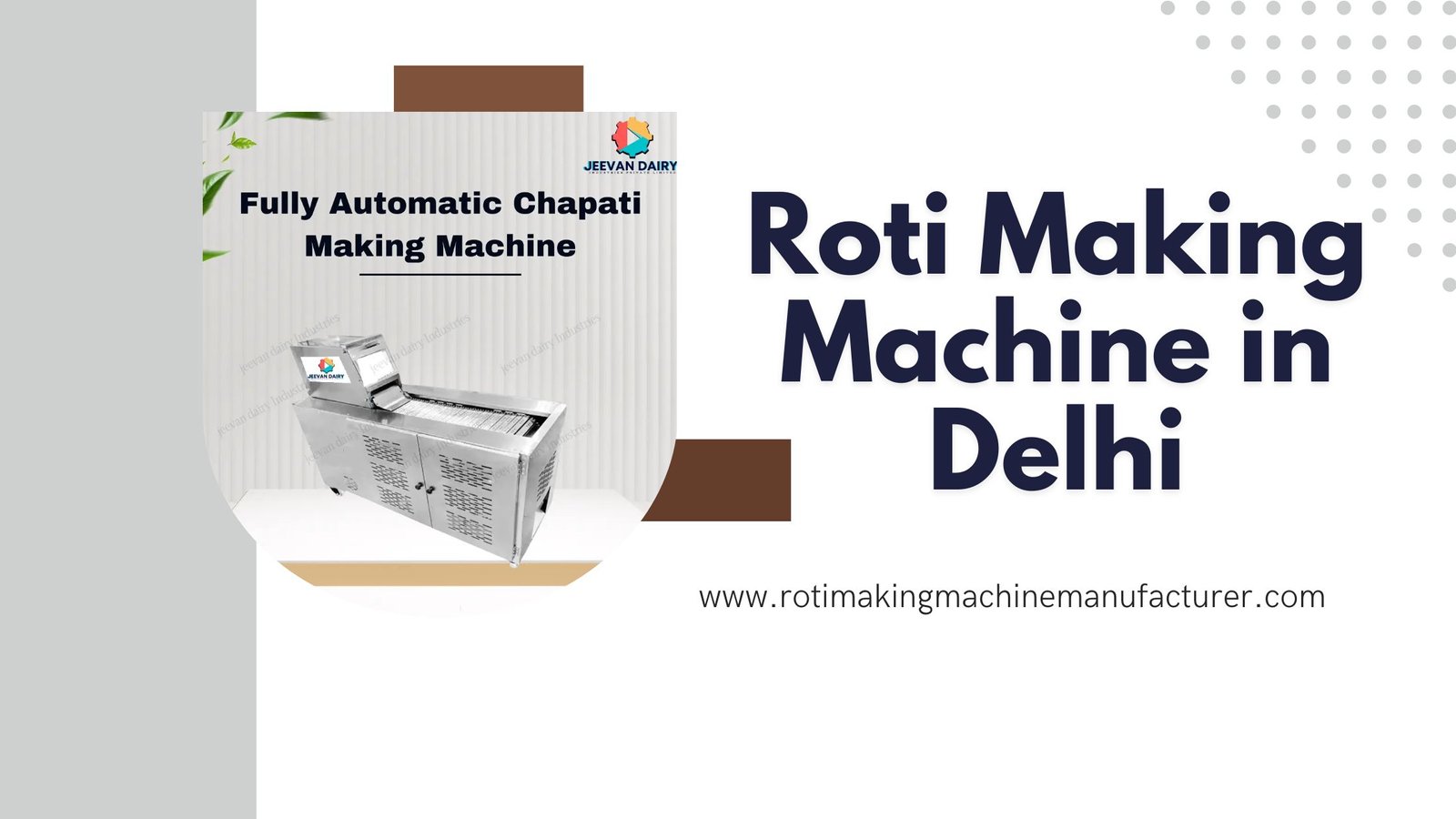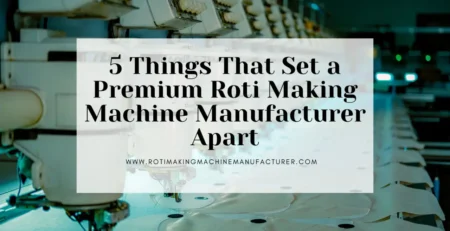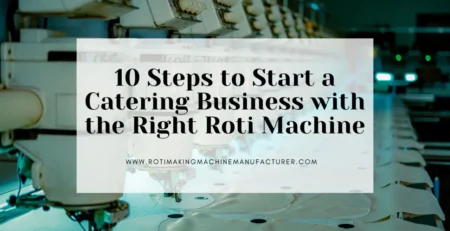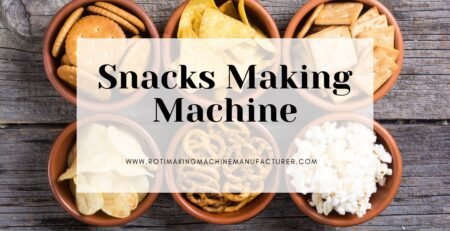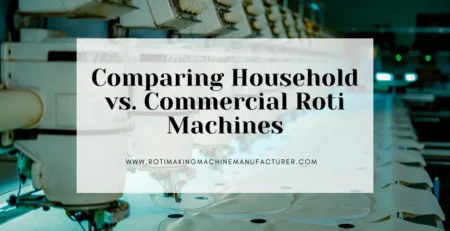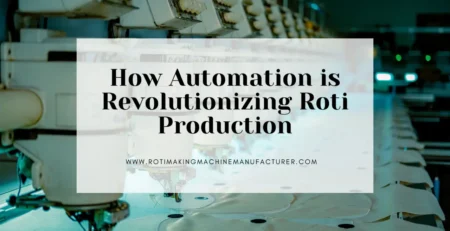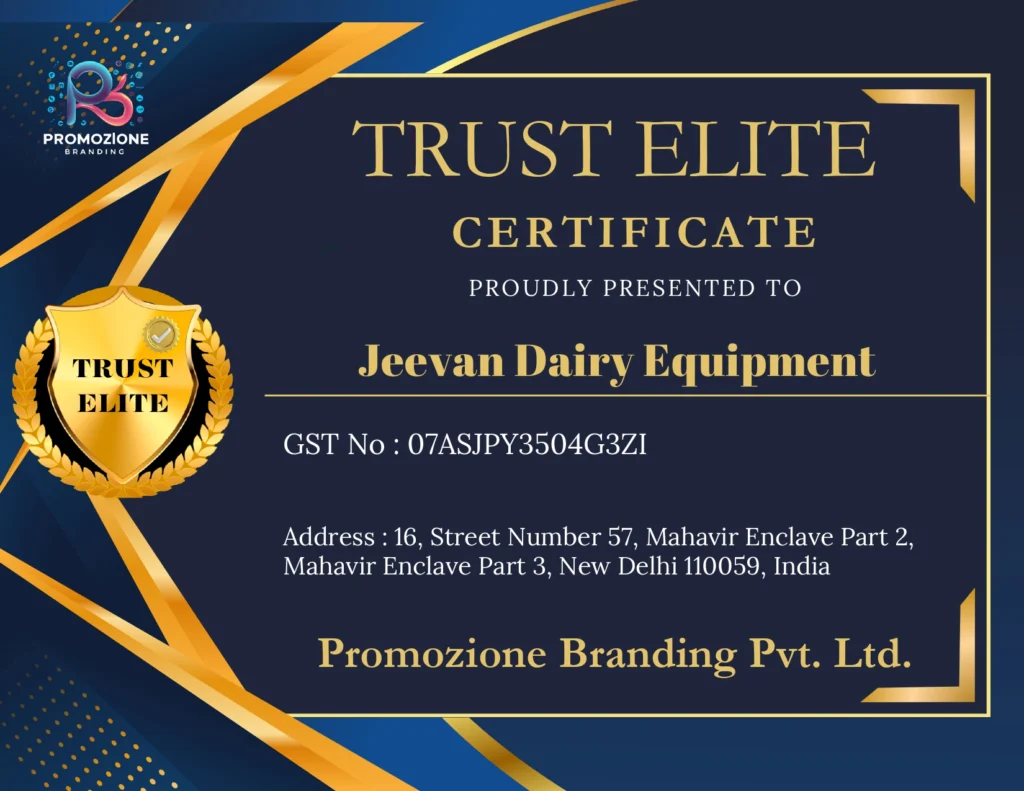Revolutionizing Kitchens: Why Choosing the Right Roti Making Machine Manufacturer Matters
In a fast-paced world where time is everything, automation has become the heart of every modern kitchen — especially in commercial and institutional settings. One of the most significant innovations in this space is the roti making machine. Gone are the days of rolling and flipping individual rotis manually in large numbers. Thanks to advanced roti making machines, restaurants, hostels, canteens, and catering services can now produce perfectly round, evenly cooked rotis at scale — consistently and hygienically.
But as demand for automation grows, so does the importance of choosing the right roti making machine manufacturer. Not all machines are created equal. The difference lies in build quality, production speed, energy efficiency, after-sales service, and customization — all of which are determined by the manufacturer’s expertise and approach to innovation.
In this blog, we’ll explore the benefits of using a roti making machine, key features to look for, and how a trusted manufacturer can transform your food operations.
Why Invest in a Roti Making Machine?
Time & Labor Savings
Manual roti-making is time-consuming and labor-intensive, especially in bulk. A roti machine can produce hundreds to thousands of rotis per hour, drastically cutting labor costs and production time.
Uniformity & Quality
Machine-made rotis are consistent in size, thickness, and cooking, ensuring every customer gets the same taste and texture.
Hygiene Standards
No human contact during the rolling or baking process means enhanced food safety and hygiene, a key concern in today’s health-conscious environment.
Cost-Effective Over Time
Though the initial investment may seem high, roti making machines pay for themselves quickly by reducing the need for skilled labor and cutting down on waste.
Customization for Needs
Whether it’s puffed chapatis, tandoori rotis, or millet-based flatbreads, modern roti machines can be customized to cater to different recipes and volumes.
Key Features to Look For in a Roti Making Machine
When selecting a roti making machine, here are the essential features that a reliable manufacturer should offer:
- Fully or semi-automatic operation
- Dough ball cutting and sheeting systems
- Adjustable thickness and diameter settings
- Temperature control for optimal cooking
- High-quality stainless steel body
- Energy-efficient heating plates or gas systems
- Easy maintenance and cleaning access
- Production output suitable for your scale (from 300 to 2000+ rotis/hour)
How a Quality Manufacturer Makes All the Difference
Partnering with an experienced and reputable roti making machine manufacturer offers several advantages beyond just buying equipment.
1. Custom Engineering
A professional manufacturer will offer machine customization based on your kitchen size, menu, and expected output, ensuring the machine suits your real-world use.
2. Training & Installation Support
Installing a machine isn’t enough — you need to understand its operation. A reliable manufacturer offers on-site installation, demo runs, and staff training for smooth functioning.
3. After-Sales Support & Spare Parts
Roti making machines require regular servicing. A reputable manufacturer provides maintenance plans, replacement parts, and remote assistance.
4. Compliance & Certification
Food-grade materials, ISO certifications, and adherence to safety standards are crucial. Always choose a manufacturer that complies with FSSAI, CE, or ISO standards.
5. Long-Term Partnership
Beyond a single sale, good manufacturers build long-term relationships, helping scale your kitchen operations as your business grows.
Industries That Benefit from Roti Making Machines
- Industrial Kitchens (IT parks, hospitals, defense messes)
- Restaurants & Dhaba Chains
- Catering Services
- Hostels and College Messes
- Temples and Community Kitchens (Langars)
- Cloud Kitchens & Meal Box Providers
Why Choose JDI as Your Roti Making Machine Manufacturer?
At JDI, we understand the complexity of commercial food production. Our roti making machines are engineered for durability, hygiene, and productivity. Here’s what sets us apart:
- State-of-the-art manufacturing facility
- Machines for all scales — small kitchens to mega operations
- Robust stainless-steel design with minimal maintenance
- Energy-efficient models with gas or electric heating
- Customization options for different flour types
- Nationwide service, support, and training
- Proven track record with 500+ successful installations
We’re not just selling machines — we’re helping you cook better, faster, and smarter.
Conclusion
The traditional art of making rotis will always be treasured, but when you’re serving hundreds or thousands daily, automation is essential. A roti making machine can boost your efficiency, hygiene, and consistency — but only when you partner with the right manufacturer.
Whether you’re setting up a new food facility or upgrading your current kitchen, investing in the right roti making machine is a decision that pays dividends in the long run.
FAQs – Roti Making Machine Manufacturer
Q1: How many rotis can the machine produce in an hour?
Depending on the model, production ranges from 300 to 2000+ rotis per hour.
Q2: Can I use different types of flour like bajra or jowar in the machine?
Yes, customized models can be adapted for millet-based flatbreads or multigrain doughs.
Q3: How long does installation take?
Typically, installation and demo training are completed within a day for most machines.
Q4: Is the machine easy to clean?
Yes, most machines are designed for easy dismantling and cleaning, with stainless steel surfaces that are food-safe.
Q5: Do you offer warranty and support?
Yes, most manufacturers (like us) offer 1-year warranty and nationwide service support.

